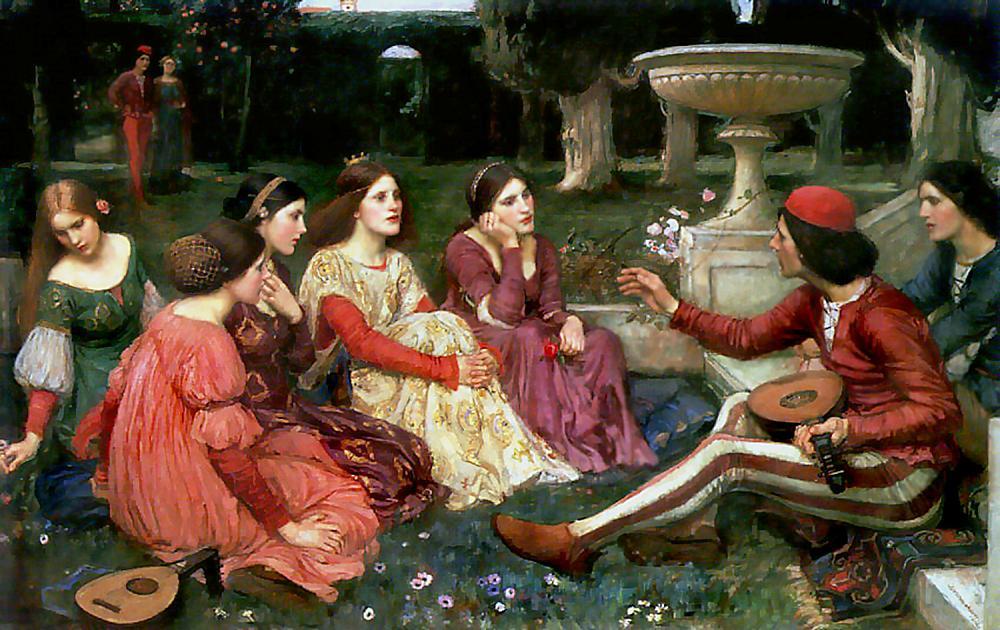In 1821, the poet John Keats—self-quarantined with a dear friend who served as his nurse—lay dying of tuberculosis, coughing up blood in a small house at the foot of the Spanish Steps. He was 25 years old. The following fragment of poetry was found among his papers:
“This living hand, now warm and capable Of earnest grasping, would, if it were cold And in the icy silence of the tomb, So haunt thy days and chill thy dreaming nights That thou would wish thine own heart dry of blood So in my veins red life might stream again, And thou be conscience-calm’d—see here it is— I hold it towards you.”
Like much great verse, this little poem is incurably ambiguous. However, many readers, including myself, think that Keats—misunderstood, abused, and miserable for much of his life—is addressing future readers like us, stretching out his hand to those who would grasp it. His dream is that we might be “conscience-calm’d,” which I take to mean “heartened” or “consoled.” At the same time, he imagines that if we grasp his hand, we once again would see “red life” flow through his veins. He’s receiving and giving blood. He’s a friend. The poem is a powerful image of the mysterious commerce that exists between poets and readers, through time and space, across languages and cultures.Throughout my life, I have often turned to poetry for clarity and consolation, especially during stressful and uncertain times. In light of recent events, it won’t surprise you that I’ve been reading and writing a lot of poetry lately. In this essay, I will try to explain why I find poems so useful. Along the way, I will introduce you to some old friends that have helped me over the years. Maybe they can help you, too.

